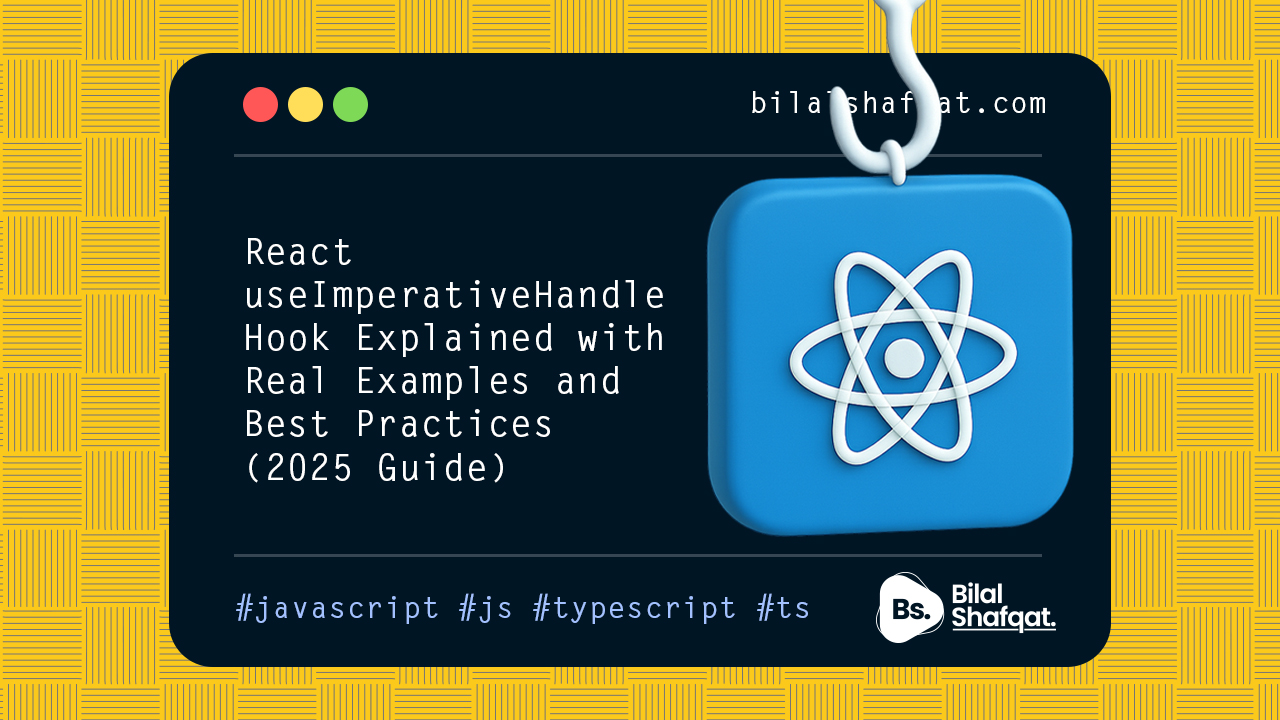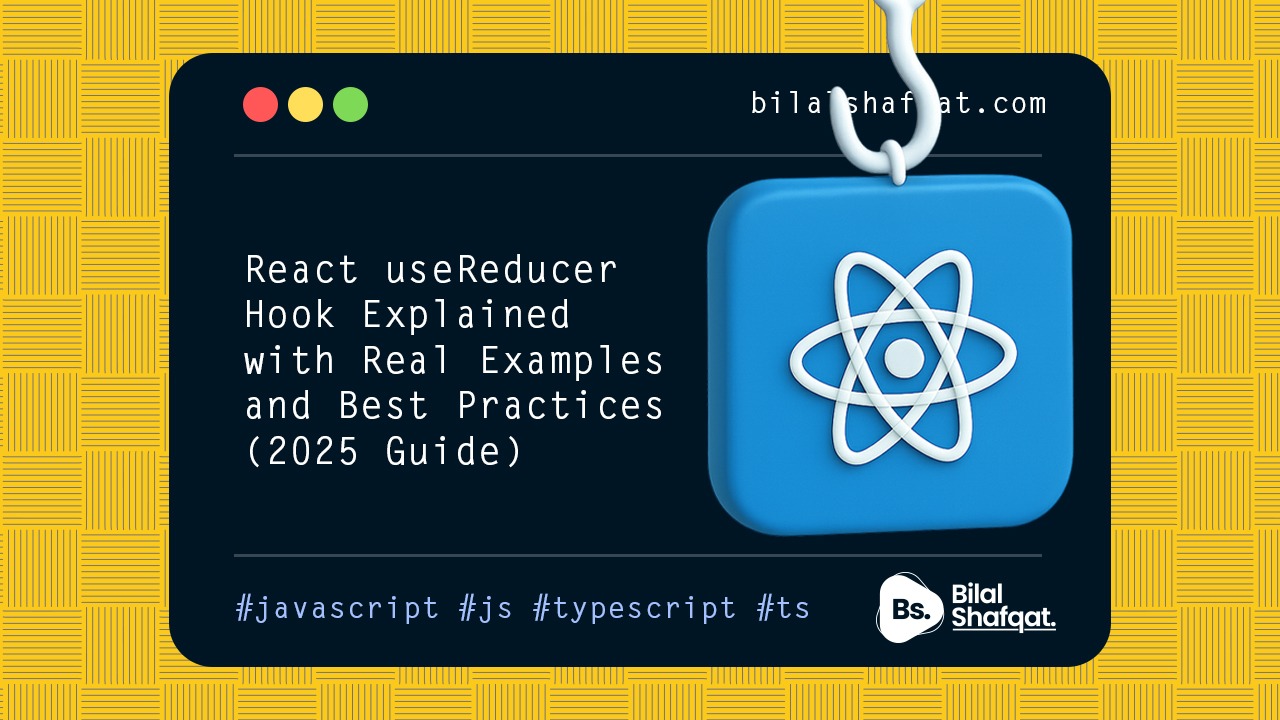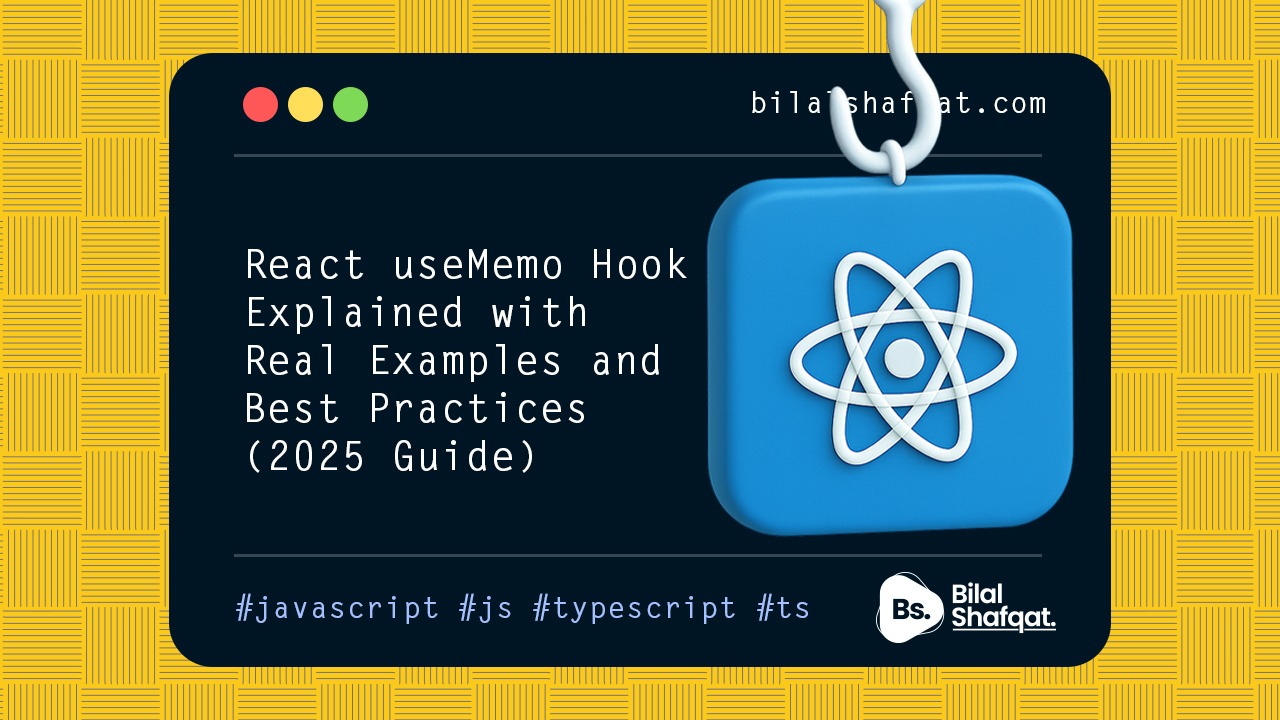
6 Unique & Powerful Figma Plugins to Boost Your Design Workflow
- bilalshafqat42
- January 30, 2025
- Figma
- 0 Comments
6 Unique Powerful Figma Plugins
Figma has revolutionized the way designers work, and its plugin ecosystem has played a significant role in enhancing productivity and creativity. In this article, we’ll explore six unique and helpful Figma plugins that can take your design workflow to the next level.
Figr Identity v2
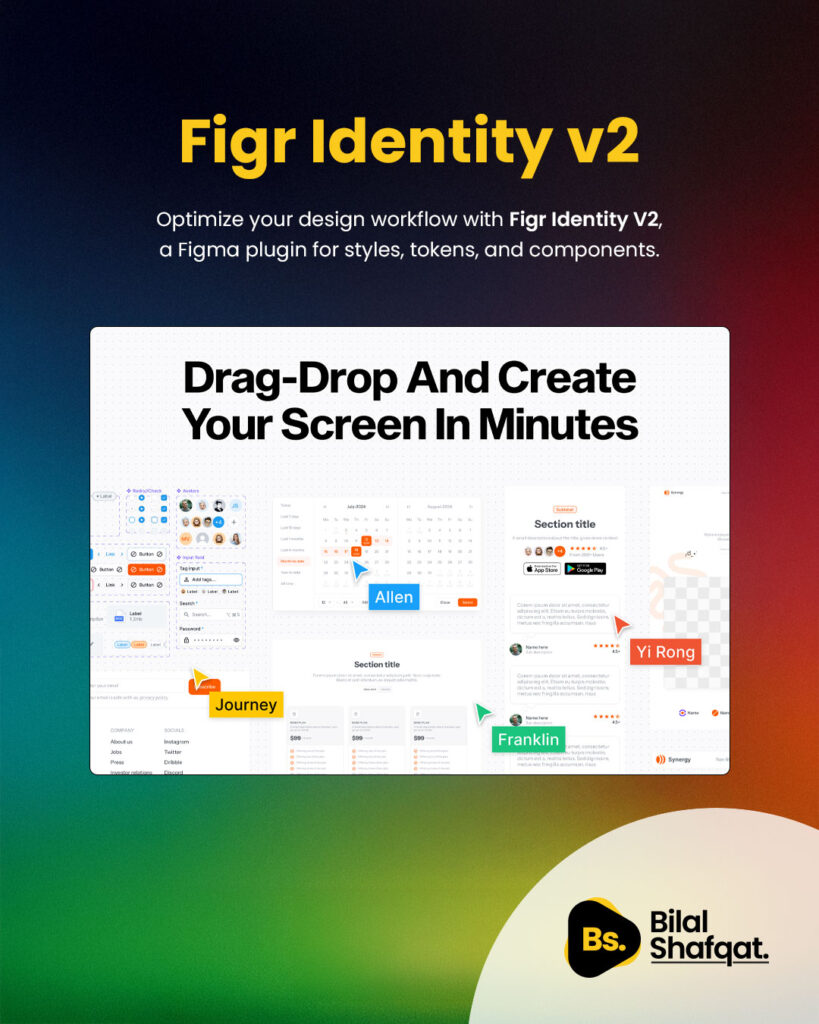
Figr Identity v2 is a game-changing plugin for designers who want to streamline their design system creation process[1]. This powerful tool allows you to generate consistent style tokens with just one click, including colors, typography, spacing, effects, and grids.
One of the standout features of Figr Identity v2 is its ability to apply these tokens to over 80 production-grade components, each offering multiple variants, sizes, and styles. This ensures that your design system remains consistent and scalable across all your projects.
Designers can preview and edit their styles directly within Figma, making it easy to align with their design language. This real-time editing capability significantly reduces the time spent on creating and maintaining design systems, allowing designers to focus more on the creative aspects of their work.
Localy Map Gen
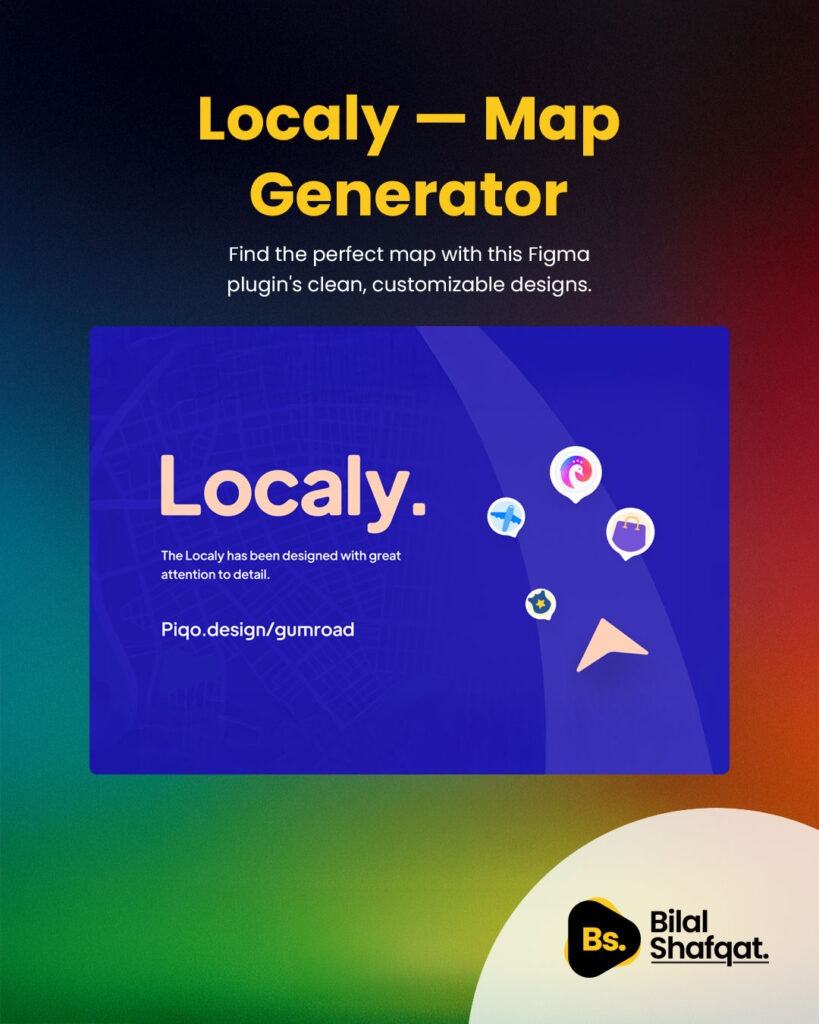
While specific information about Localy Map Gen wasn’t provided in the search results, we can discuss the potential benefits of a hypothetical map generation plugin for Figma.
A local map generation plugin could be an invaluable tool for designers working on location-based projects. It could allow users to quickly generate custom maps of specific areas, complete with streets, landmarks, and terrain features. This would be particularly useful for creating infographics, travel apps, or location-based service designs.
Such a plugin could potentially integrate with mapping APIs to ensure accuracy and up-to-date information. It might also offer customization options for map styles, allowing designers to match the map aesthetics to their overall design theme.
Lil’ Pixel Icon
![]()
Lil’ Pixel Icon is a delightful plugin that brings the charm of pixel art to your Figma designs[2]. This tool is perfect for creating pixel-perfect icons in a 16×16 grid, all in vector format. Its user-friendly interface and focus on simplicity make it accessible to designers of all skill levels.
The plugin’s vector output is particularly noteworthy, as it allows for easy scaling and manipulation of the pixel icons without loss of quality. This makes Lil’ Pixel Icon an excellent choice for designers working on retro-style interfaces, game designs, or any project that could benefit from a touch of nostalgic pixel art.
Better File Thumbnails

The Better File Thumbnails plugin is a fantastic tool for improving your Figma file organization[7]. It allows you to create custom thumbnails for your projects in just a few clicks using a visual editor. This plugin is a game-changer for designers who manage multiple projects and need a quick way to identify files at a glance.
With Better File Thumbnails, you can set your brand colors, give your file a status, and even choose an emoji with a search function. The “Quick Create” feature is particularly useful for those who need to generate thumbnails rapidly without extensive customization.
By using this plugin, you can significantly enhance your file management in Figma, making it easier to navigate through your projects and maintain a visually organized workspace.
Data to Design
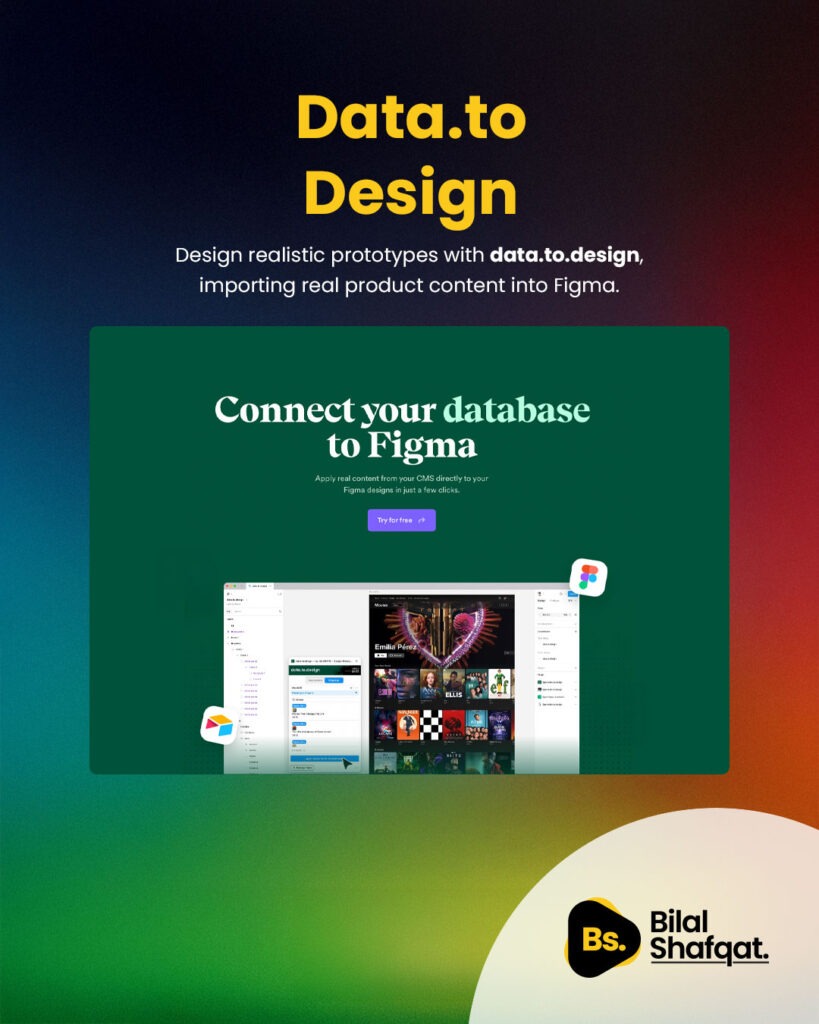
Data to Design is a powerful plugin that bridges the gap between your data sources and your Figma designs[8]. This tool allows you to connect your database or CMS directly to Figma, enabling you to apply real content to your designs with just a few clicks.
One of the key benefits of Data to Design is its ability to make your designs more realistic. By using actual product content and assets, you can see how your designs will look to end-users, eliminating the need for placeholder text and images.
The plugin also allows you to add logic to simulate real user behavior, bringing your designs closer to actual product functionality. This feature is particularly useful for creating interactive prototypes and testing user flows.
Data to Design supports various content sources, making it a versatile tool for designers working with different types of data. Whether you’re designing for e-commerce, content-heavy websites, or data-driven applications, this plugin can significantly streamline your workflow and improve the accuracy of your designs.
Shape Move
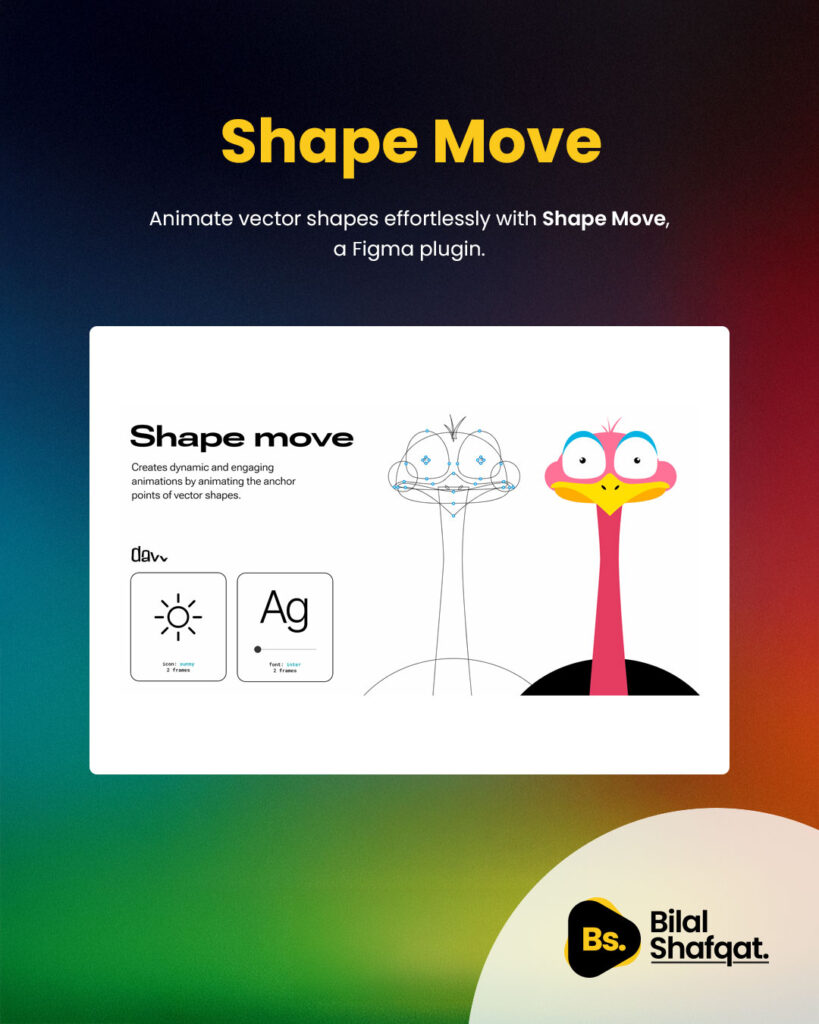
While specific information about Shape Move wasn’t provided in the search results, we can discuss the potential benefits of a hypothetical shape manipulation plugin for Figma.
A Shape Move plugin could offer advanced shape manipulation tools that go beyond Figma’s built-in functionality. It might allow for precise control over shape transformations, including rotation, scaling, and distortion. This could be particularly useful for creating complex illustrations or intricate UI elements.
Such a plugin could potentially offer features like shape merging, boolean operations, or even path smoothing. These capabilities would give designers more control over their vector shapes, enabling them to create more sophisticated and unique designs directly within Figma.
In conclusion, these six Figma plugins offer a range of functionalities that can significantly enhance your design workflow. From streamlining design system creation with Figr Identity v2 to bringing real data into your designs with Data to Design, these tools address various aspects of the design process. By incorporating these plugins into your workflow, you can save time, improve consistency, and unlock new creative possibilities in your Figma projects.
In conclusion, these six Figma plugins offer a diverse range of functionalities that can significantly enhance your design workflow. From streamlining design system creation with Figr Identity v2 to bringing real data into your designs with Data to Design, these tools address various aspects of the design process. By incorporating these plugins into your workflow, you can save time, improve consistency, and unlock new creative possibilities in your Figma projects.
Frequently Asked Questions (FAQ)
Are these plugins free to use?
Most Figma plugins offer free versions with basic functionality. However, some may have premium features that require a paid subscription. Check each plugin’s details for specific pricing information.
How do I install these plugins in Figma?
To install a plugin in Figma:
1. Open a Figma file
2. Click on the “Resources” menu
3. Select “Plugins”
4. Search for the plugin name
5. Click “Install” next to the desired plugin
Can I use these plugins in Figma’s free plan?
Yes, most plugins work with Figma’s free plan. However, some advanced features may require a Figma Professional or Organization plan.
Do these plugins work on both desktop and browser versions of Figma?
Generally, yes. Figma plugins are designed to work across all versions of Figma, including desktop and browser-based applications.
How often are these plugins updated?
Update frequency varies by plugin and developer. Most popular plugins are regularly maintained and updated to ensure compatibility with the latest version of Figma.
Can I use multiple plugins simultaneously in a single Figma project?
Yes, you can use multiple plugins in a single Figma project. However, be mindful of potential conflicts or performance issues when running several plugins concurrently.


